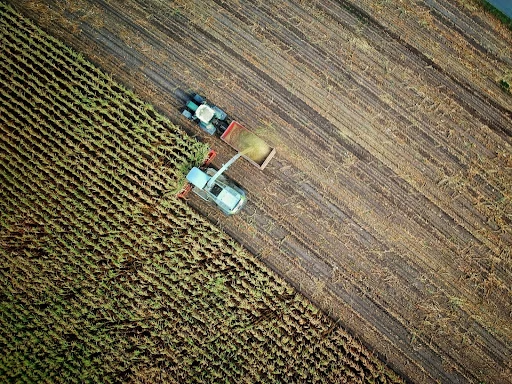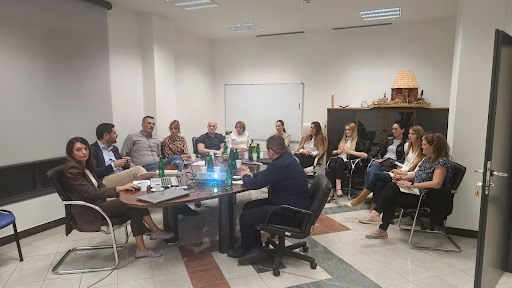
As part of the EU enlargement process, developing a solid agricultural administration system is essential for aligning candidate countries with the EU’s Common Agricultural Policy (CAP). One of the key mechanisms for managing agricultural subsidies and rural development funds in EU member states is the Integrated Administration and Control System (IACS). Along with a national Paying Agency, IACS ensures the financial execution and oversight of agricultural funds in line with EU standards. These systems are crucial for countries on the path to EU membership, helping them meet the requirements for managing EU agricultural subsidies and gaining access to EU funds.
On September 20th, a workshop was held at the Ministry of Agriculture, Forestry, and Water Management in Montenegro to review and discuss the Action Plan for establishing the IACS and the Paying Agency at national level. Representatives from the Ministry’s Directorates for Payments, Agriculture and Rural Development participated in the workshop, working together to finalize the Action Plan before it is submitted to the European Commission.

A UNOPS advisor from the Knowledge for Reform Action (K4R) in the Western Balkans Programme led the workshop by outlining the key components of the Action Plan and providing a detailed timeline for implementation. During the workshop, participants engaged in discussions on several important topics, including legal frameworks, IT system development, capacity building, and administrative reforms needed to ensure the full functionality of the IACS and the Paying Agency. The alignment of Montenegro’s agricultural policies with the CAP was a key point of focus, highlighting the importance of these milestones for Montenegro’s EU accession process.
This workshop represents a collaborative effort between the Ministry of Agriculture, Forestry, and Water Management and the joint Norway/UNOPS K4R Programme to advance Montenegro’s integration into the EU agricultural framework, paving the way for Montenegro’s integration to the strategic planning of the Common Agricultural Policy and long-term support for the country’s agricultural sector.
- Summary